Antiracist APUSH
Finding a quality AP US History program that genuinely addresses and educates on America’s complex racial history can be daunting for parents. After delving deeply into Antiracist APUSH, reading countless reviews, and consulting historians, I've discovered why this program stands out: it rigorously challenges the sanitized narratives often found in traditional textbooks. Created by Matt Vriesman, a seasoned AP history teacher and the 2023 Gilder Lehrman National History Teacher of the Year, Antiracist APUSH was born from a need to bridge the gap between historical truth and the myths perpetuated by standard educational materials. I love how it empowers students to critically analyze history and not just consume it, using primary sources and scholarly research to debunk longstanding myths. Antiracist APUSH is ideal for educators and parents who want to provide a more accurate, comprehensive understanding of U.S. history while preparing for AP exams or learning history in general. A pro-tip for parents: engage in discussions about the lessons at home to reinforce critical thinking and deepen understanding of the material.
Grades: 10-12th grades (studying for US AP history)
Cost: Free
The in-depth review
The creator of Antiracist APUSH, Matthew Vriesman, aimed to fill a significant gap in the traditional AP US History curriculum where there is often a disconnect between the latest historical research and what is taught in classrooms. He noticed that many APUSH textbooks still perpetuated outdated or debunked narratives, particularly those relating to race, slavery, and social justice.
About Antiracist APUSH
Antiracist APUSH is an educational initiative created by Matthew Vriesman, a history teacher and the 2023 Gilder Lehrman National History Teacher of the Year. Recognizing the discrepancies between professional historical research and the content covered in standard AP US History (APUSH) textbooks, Vriesman designed this curriculum to address and correct racist myths and inaccuracies, particularly those related to race, slavery, and injustice in American history. His work aims to align more closely with scholarly findings, presenting a more truthful narrative to students.
Why I recommend Antiracist APUSH for AP US History Prep
Antiracist APUSH provides a crucial perspective that is often glossed over in traditional history lessons. It exposes students to the complexities of historical narratives and encourages critical thinking about the past and its impact on the present. This approach not only educates but also empowers students to understand and question the foundations of racial disparities in the United States.
Who Antiracist APUSH is for
This program is ideal for educators and students of Advanced Placement US History who seek a more comprehensive and truthful understanding of American history. It is particularly beneficial for those looking to incorporate a critical approach to teaching history, one that involves questioning traditional narratives and fostering a deeper understanding of racial issues.
How Antiracist APUSH works
Lesson Structure: Each lesson involves a comparison between common textbook narratives and findings from professional historians.
Educational Techniques: The program uses a variety of educational tools, including slides presentations and supplementary materials that can be integrated into full lessons or used to enhance existing curriculum.
Focus on Critical Thinking: Lessons are designed to develop students' analytical writing skills and encourage critical engagement with historical texts.
What Antiracist APUSH covers
Origins of the African Diaspora: From 3000 BCE to 1502 CE, exploring the early history and movements of African peoples before and during the transatlantic slave trade.
Freedom, Enslavement, and Resistance: From 1502 to 1865, detailing the transatlantic slave trade, the lives of enslaved people in the Americas, and the various forms of resistance against slavery.
The Practice of Freedom: Covering the period from 1865 to the 1930s, this section examines the Reconstruction era, the rise of Jim Crow laws, and the African American struggle for rights during the early 20th century.
Movements and Debates: From the 1930s to the present, focusing on civil rights movements, contemporary social justice issues, and the ongoing debates over race and equality in America.
Immigration in the Gilded Age: Discusses the experiences of immigrants during the rapid industrialization and urbanization of America in the late 19th and early 20th centuries.
Westward Expansion: Analyzes the impact of the expansion of the United States westward on indigenous populations, the environment, and the development of American society.
Topics on Institutional Racism and Policy: Examining how racist policies have been embedded in various American institutions and their lasting impacts on society.
Modern Civil Rights Movements: Studies the evolution of civil rights from the mid-20th century to modern movements like Black Lives Matter.
Critical Examination of Historical Narratives: Encourages a re-evaluation of commonly accepted historical narratives within textbooks and popular discourse, promoting a more nuanced understanding of American history.
Updates and Additions
Recent developments include a partnership with the Immigrant History Initiative to adapt immigrant history lesson plans for the AP U.S. History curriculum. This collaboration ensures that the lessons are fully aligned with AP standards. The curriculum is frequently updated with new lesson plans and resources, such as those covering Chinese labor and the transcontinental railroad, reflecting ongoing efforts to enhance and expand the educational material available.
Benefits and Drawbacks of Antiracist APUSH
What Parents Like about Antiracist APUSH
Inclusive Curriculum: It provides a more comprehensive view of U.S. history that includes perspectives and events often omitted from traditional textbooks, focusing on racial justice and historical accuracy.
Critical Thinking Development: Encourages students to critically analyze historical narratives and question the traditional accounts of U.S. history, fostering higher-level thinking skills.
Alignment with Scholarly Research: Utilizes the latest scholarly research to inform its lessons, ensuring that the content is both current and academically robust.
Empowerment through Education: Aims to empower students by providing knowledge that challenges systemic racism and promotes an understanding of the complexities of historical narratives.
Resource Availability: As a free resource, it is accessible to any educator or student with internet access, removing financial barriers to entry.
Award-Winning Creator: Developed by Matthew Vriesman, recognized as the 2023 Gilder Lehrman National History Teacher of the Year, adding credibility and educational expertise to the curriculum.
What parents need to know
Complexity for Students: The depth and complexity of the content might be challenging for some students, particularly those who are less prepared for the rigorous demands of an AP-level course.
Requires Supplemental Instruction: While it provides extensive resources, Antiracist APUSH may require additional instructional support to help students fully understand and engage with the material, especially in contexts where educators are not familiar with the approaches taken.
Not a Standalone Curriculum: It is designed to supplement existing APUSH courses rather than serve as a complete curriculum, so educators need to integrate it with other materials for a comprehensive educational experience.
Adjustment Period: Educators new to this type of curriculum may require time to adjust their teaching methods and materials to effectively incorporate the antiracist perspectives it offers.
Tips from Parents on how to get the most out of Antiracist APUSH
Parents can play a crucial role in reinforcing the lessons learned through Antiracist APUSH by engaging actively with the supplementary materials provided. Open discussions at home about the themes covered in the lessons can further reinforce critical thinking. Utilizing the online resources and updates provided through the Antiracist APUSH website ensures that families remain informed on new educational content and best practices.
Why Trust Me
With over 20 years of experience teaching in diverse educational settings including New York City, Paris, San Francisco, and conflict regions in the Middle East, my background in education is extensive and varied. I hold a bachelor’s degree in American Studies and have taught over 18 subjects, including history, to a wide variety of learning archetypes. I’ve also tutored numerous students for AP exams and understand the unique process involved to prepare student’s for these type of tests. This broad experience provides me with a unique perspective on educational materials and their effectiveness across different student demographics and learning environments.
How I vetted
What I Looked For and How Antiracist APUSH Stacks Up
In assessing the Antiracist APUSH curriculum, I conducted a thorough vetting process. I read through hundreds of online reviews of US history and social studies programs to understand the landscape of available educational resources. Additionally, I reviewed numerous testimonials and critiques of this particular curriculum from both ordinary users and academic professionals. To deepen my understanding and ensure accuracy, I consulted with historians who are
Who is it an ideal fit for?
Antiracist APUSH is ideally suited for high school students who are preparing for the AP US History exam and who wish to gain a more comprehensive and truthful understanding of American history. It is particularly beneficial for educators and students who are interested in a curriculum that challenges traditional narratives and incorporates a critical approach to historical events, especially those related to racial issues and social justice. This program is also a great fit for schools and districts aiming to enhance their history education with materials that reflect recent scholarly research and promote critical thinking and inclusivity.
Who is it not a fit for?'
Antiracist APUSH is ideally suited for high school students who are preparing for the AP US History exam and who wish to gain a more comprehensive and truthful understanding of American history. It is particularly beneficial for educators and students who are interested in a curriculum that challenges traditional narratives and incorporates a critical approach to historical events, especially those related to racial issues and social justice. This program is also a great fit for schools and districts aiming to enhance their history education with materials that reflect recent scholarly research and promote critical thinking and inclusivity.Alternatives and supplements to x
The best part is it’s free!
Considering that Antiracist APUSH is offered free of charge, its value is exceptional. The curriculum provides extensive resources that challenge traditional narratives and promote a deeper understanding of historical events, especially those related to issues of race and social justice. Given the richness of the content and its alignment with current scholarly research, Antiracist APUSH represents an invaluable asset for educators and students alike. It facilitates a comprehensive and inclusive approach to learning American history, which is crucial for developing well-rounded, critically thinking students prepared to engage with complex societal issues. Therefore, without a financial cost, the educational benefits it offers make it an indispensable resource in the AP history education landscape.
Ways to Get Antiracist APUSH
Antiracist APUSH can be accessed through its official website, where educators and students can find various resources including lesson plans, multimedia materials, and supplementary content. The program might also be available through educational publishers or learning platforms that specialize in AP courses and materials. Checking with local educational resource suppliers or school district recommendations might provide additional avenues to access this curriculum.
Affilate Disclaimer
This review is provided to help educators, students, and parents make informed decisions about the Antiracist APUSH curriculum. While our review is unbiased and based on thorough research and personal expertise, please note that we may earn a commission from purchases made through links in this review. However, this does not influence our review process or the information we provide, which is aimed at supporting your educational journey with honest and reliable recommendations.
Sources
Meet the 2023 National History Teacher of the Year
Announcing the 2023 National History Teacher of the Year, Matthew Vriesman
Michigan’s History Teacher of the Year helps educators combat racist myths – Chalkbeat
Antiracist APUSH | Education Without Limits
New Collaboration with Antiracist APUSH
Antiracism Starts with You | Center for Antiracist Research

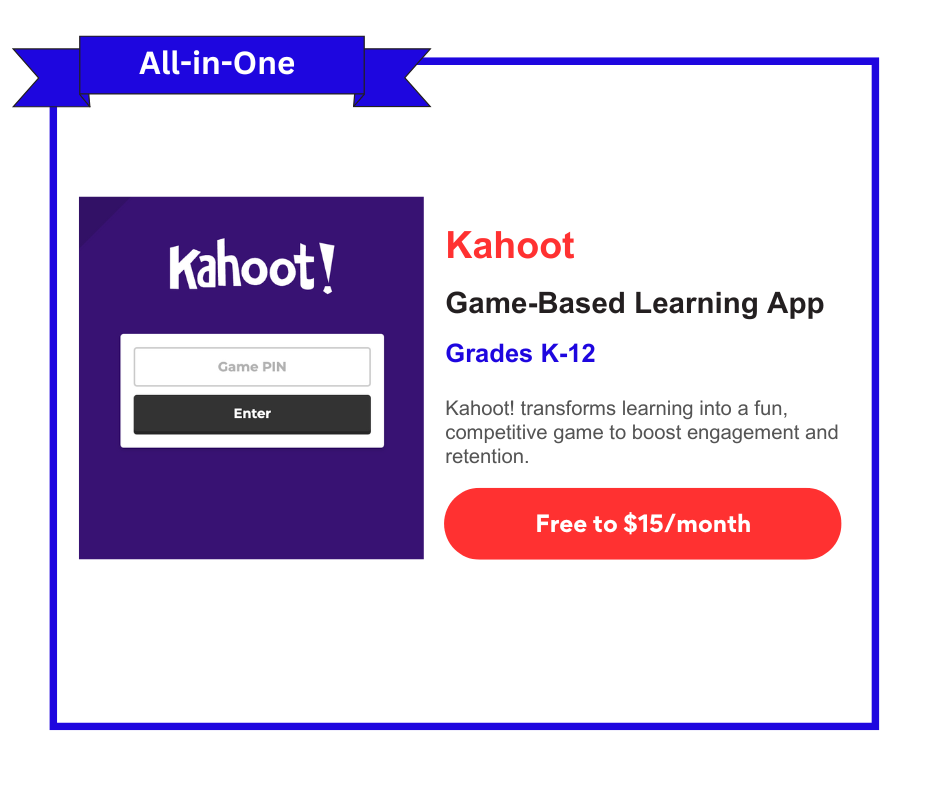
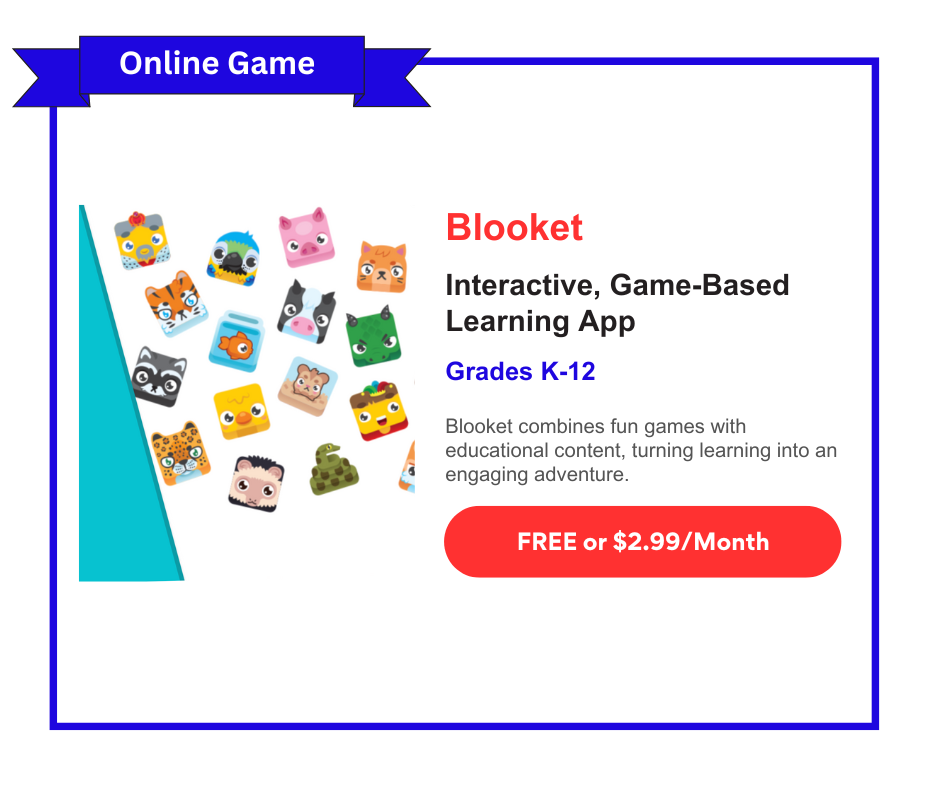
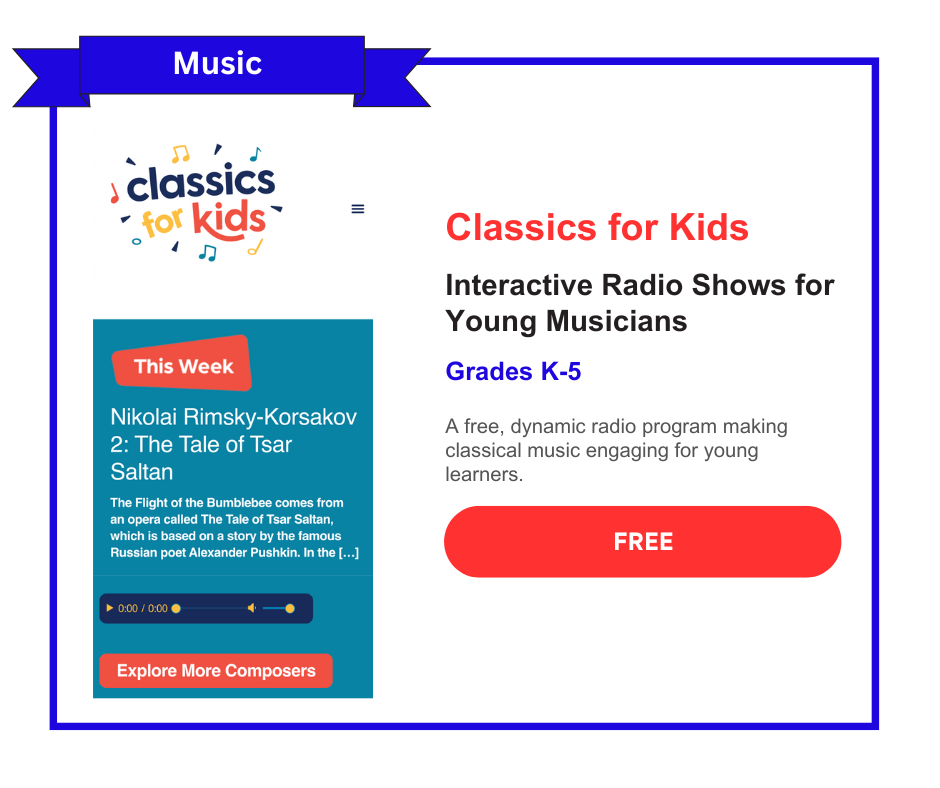


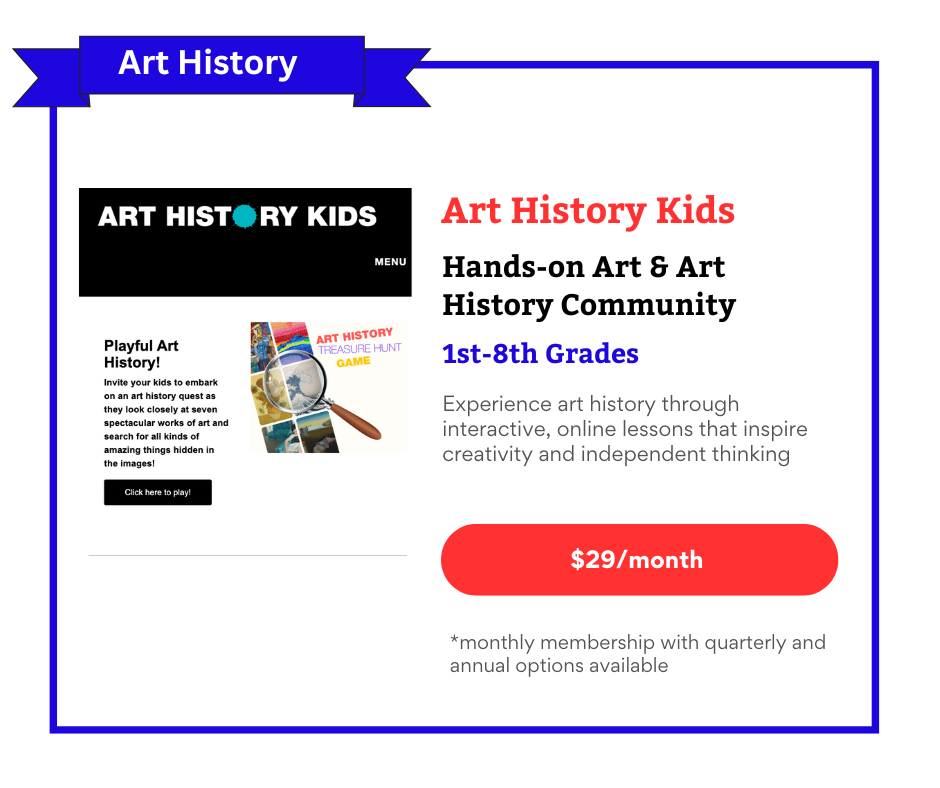
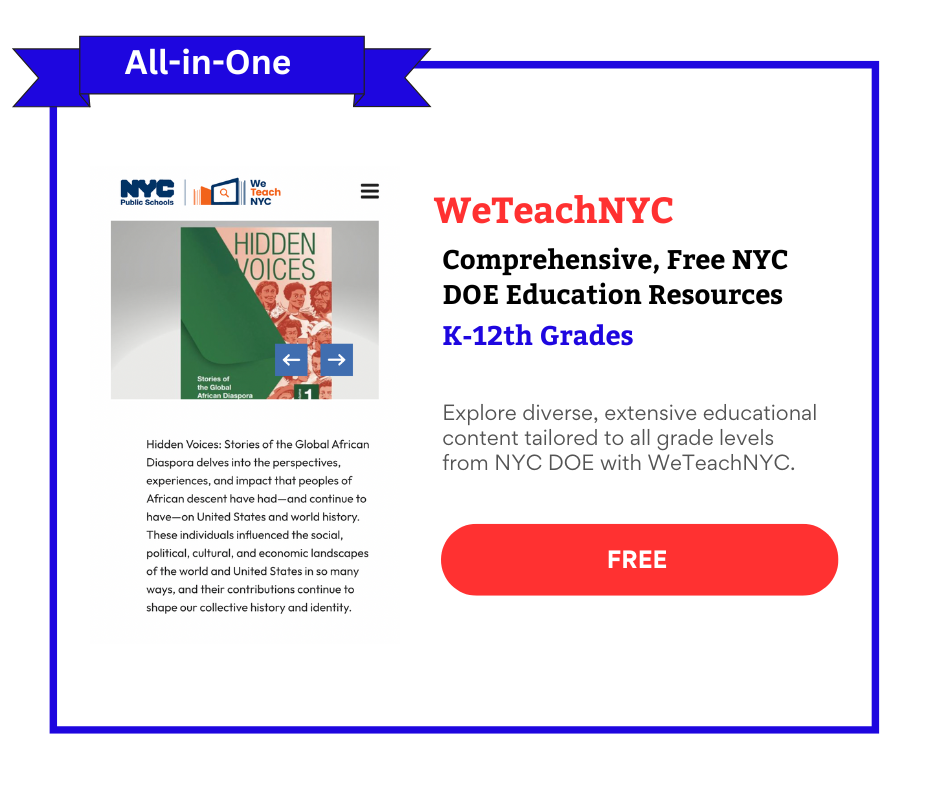
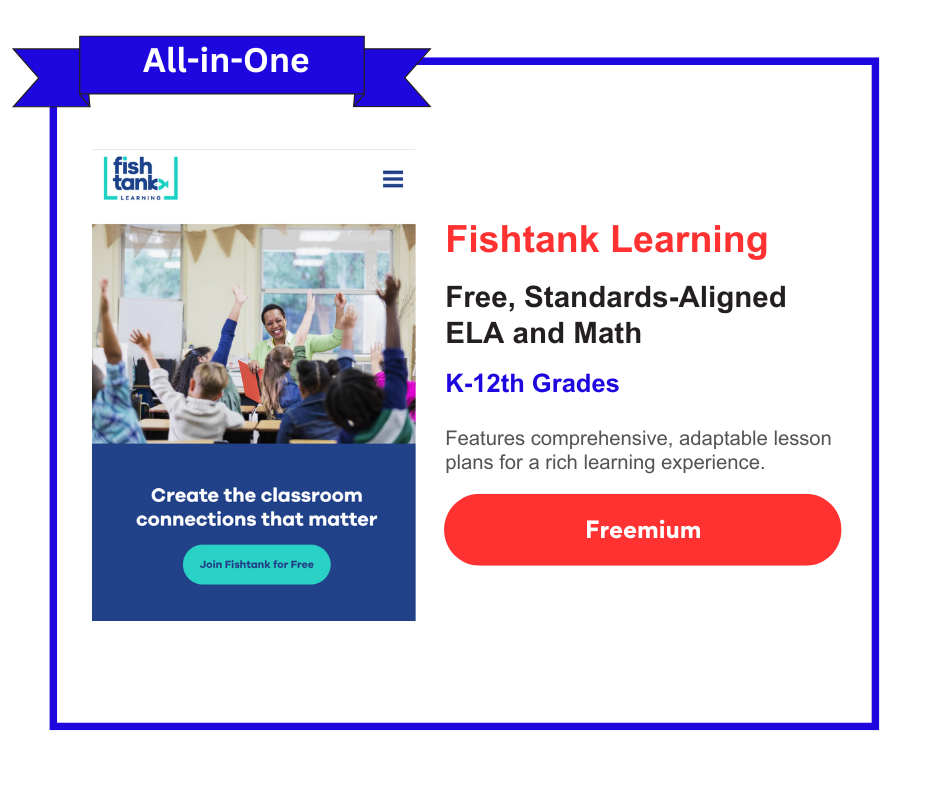
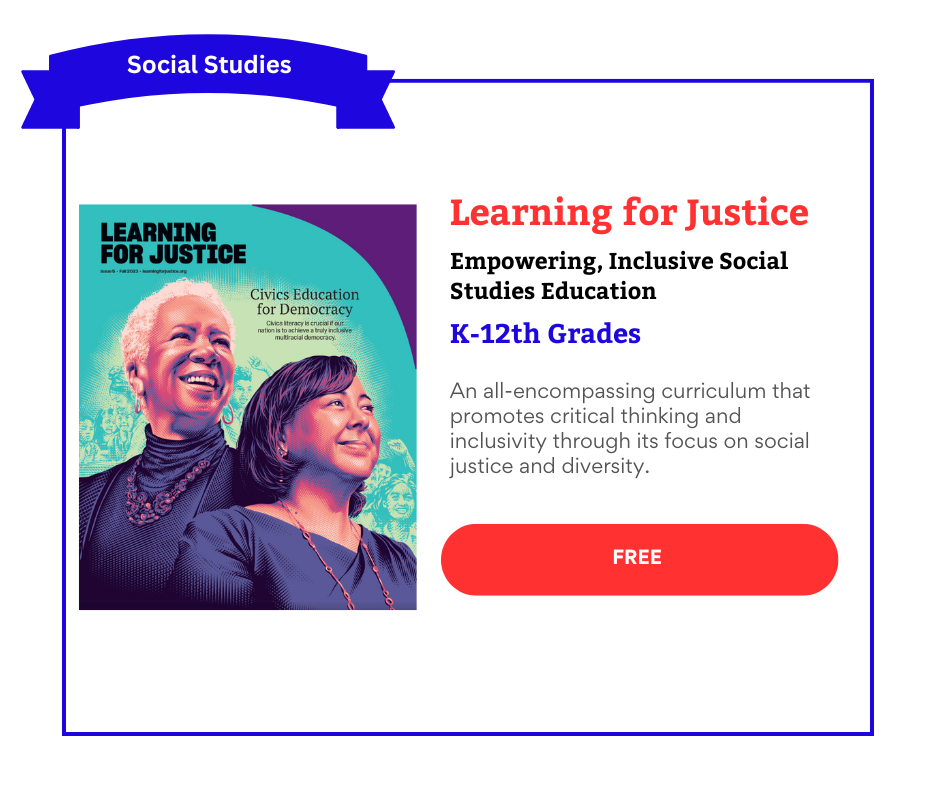
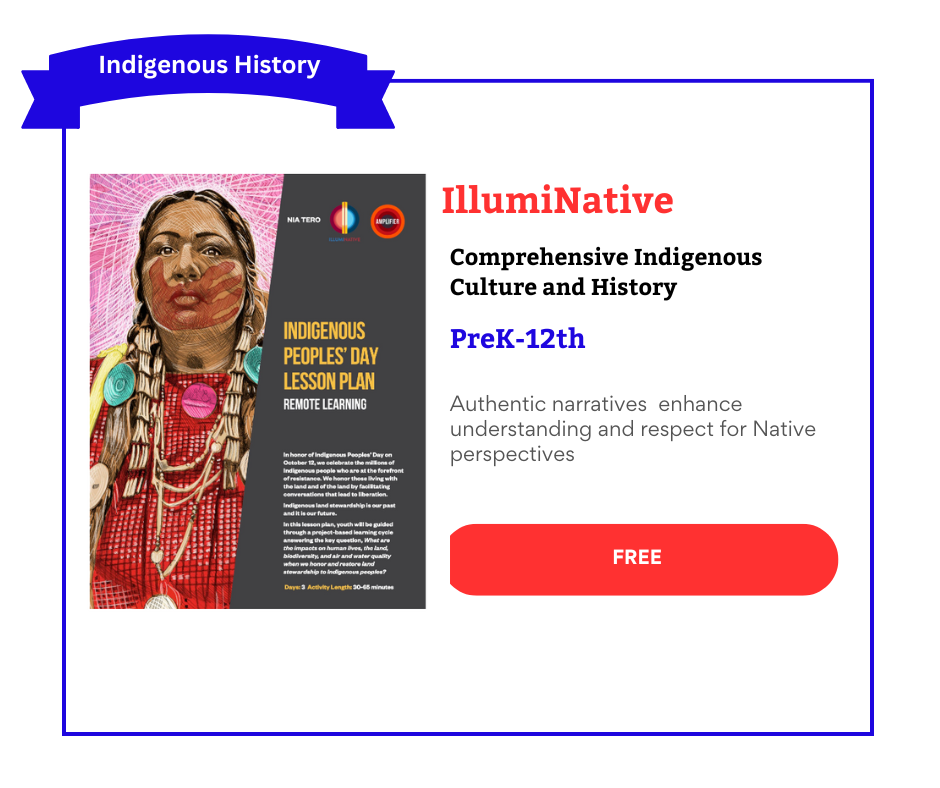
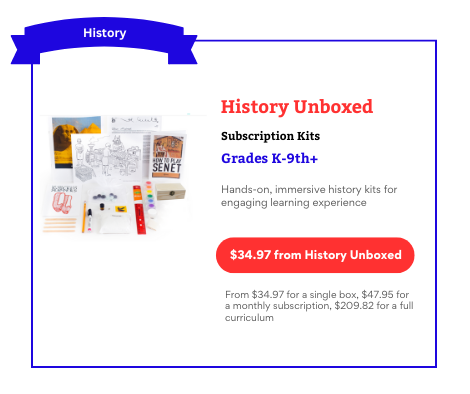
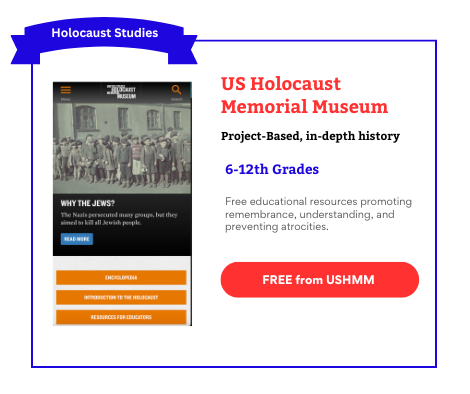
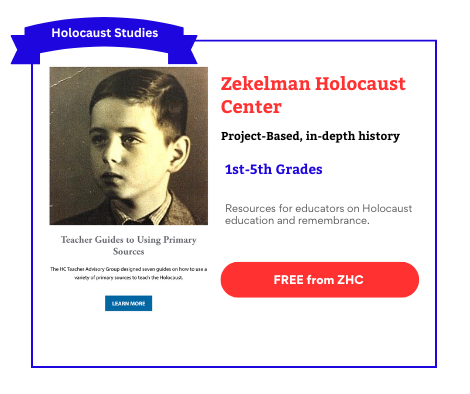
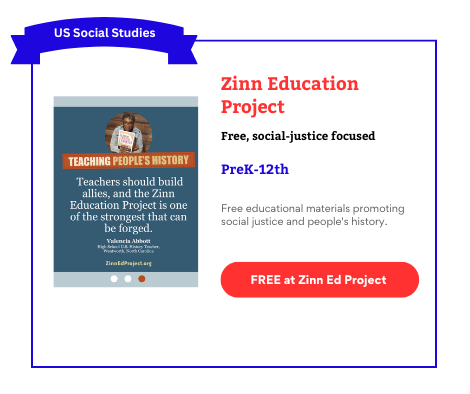
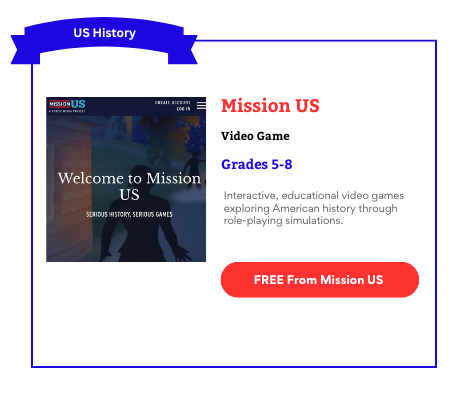
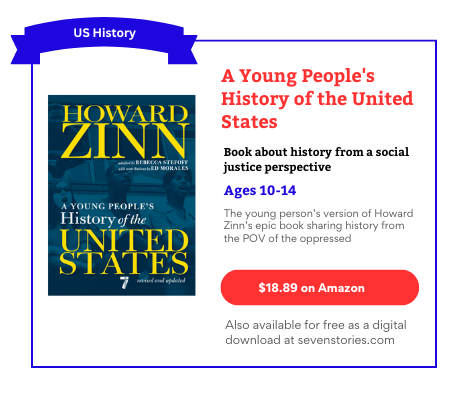
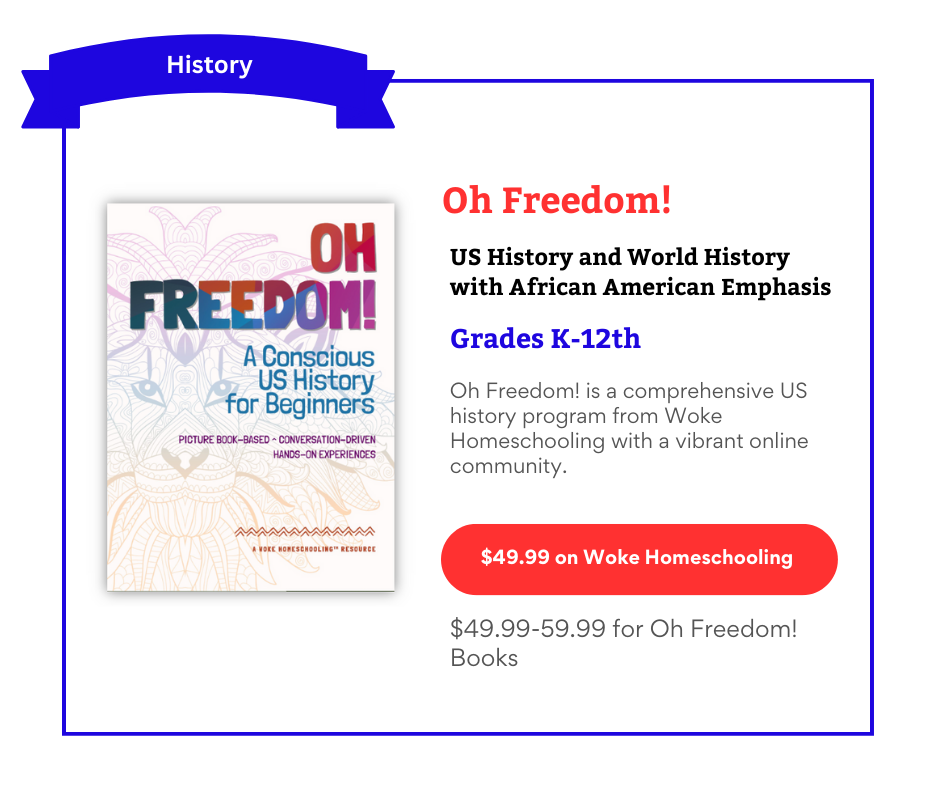
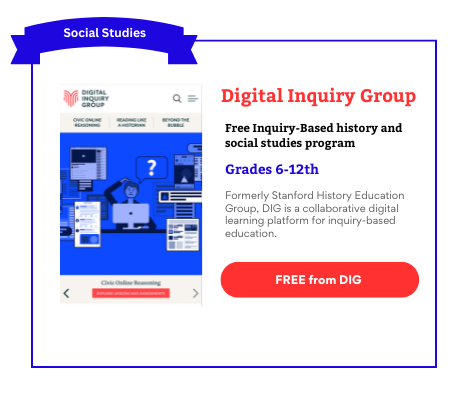




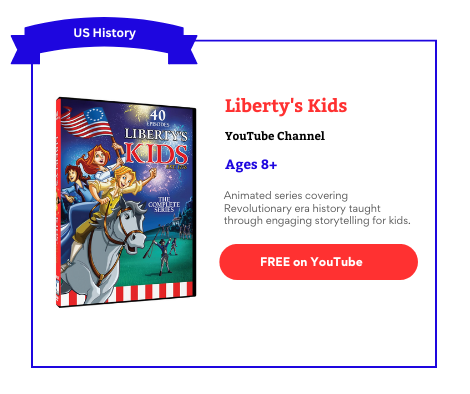

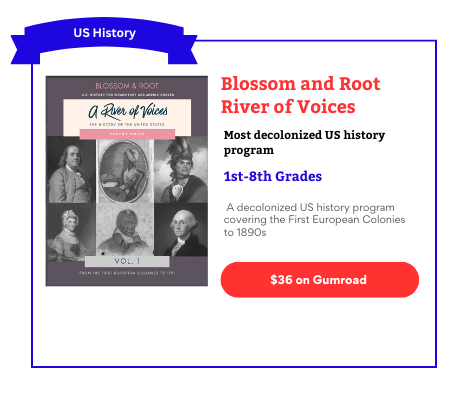
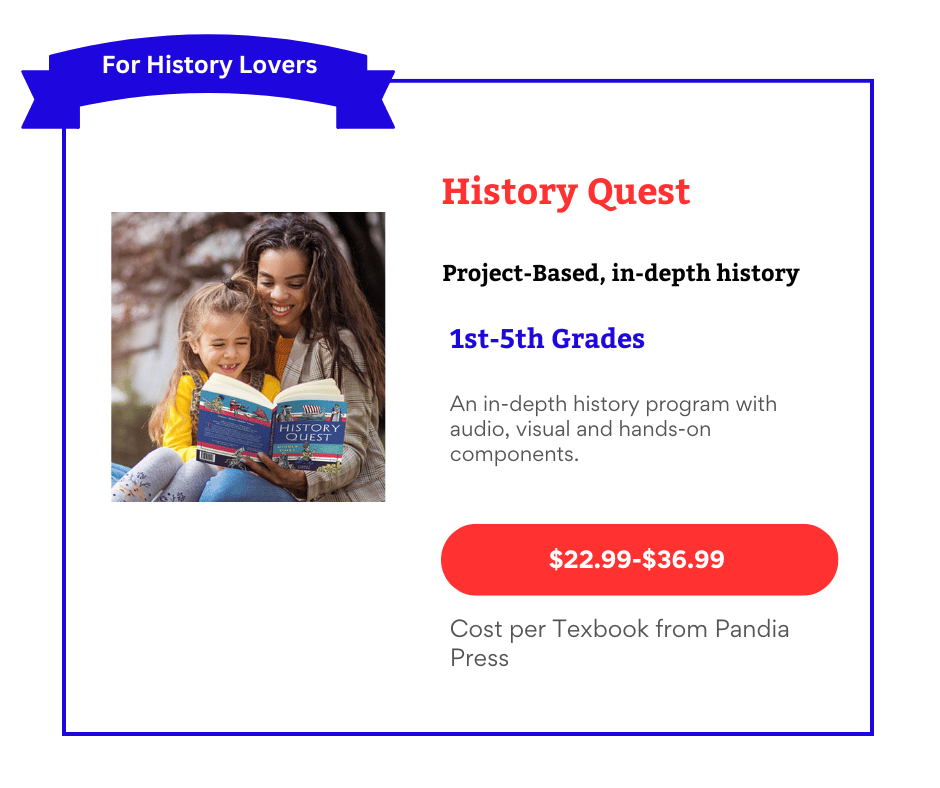
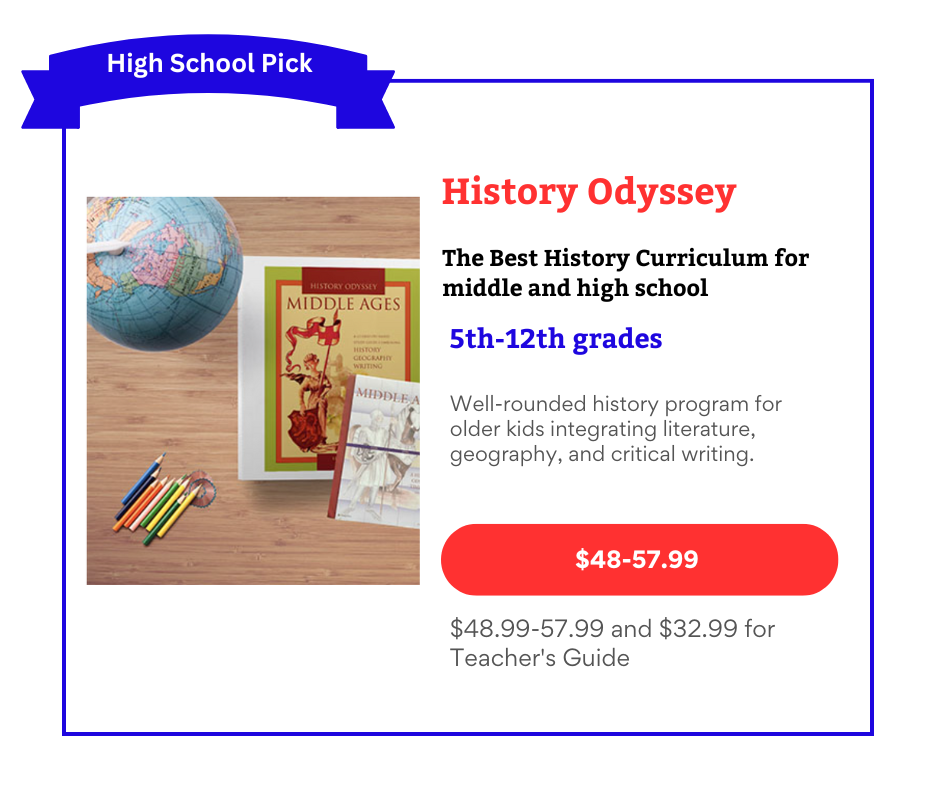
Explore Curiosity Chronicles, the innovative secular history curriculum loved by homeschoolers. Founded by a homeschool mom, our top pick for history offers highly engaging learning experiences for kids within an inclusive curriculum.